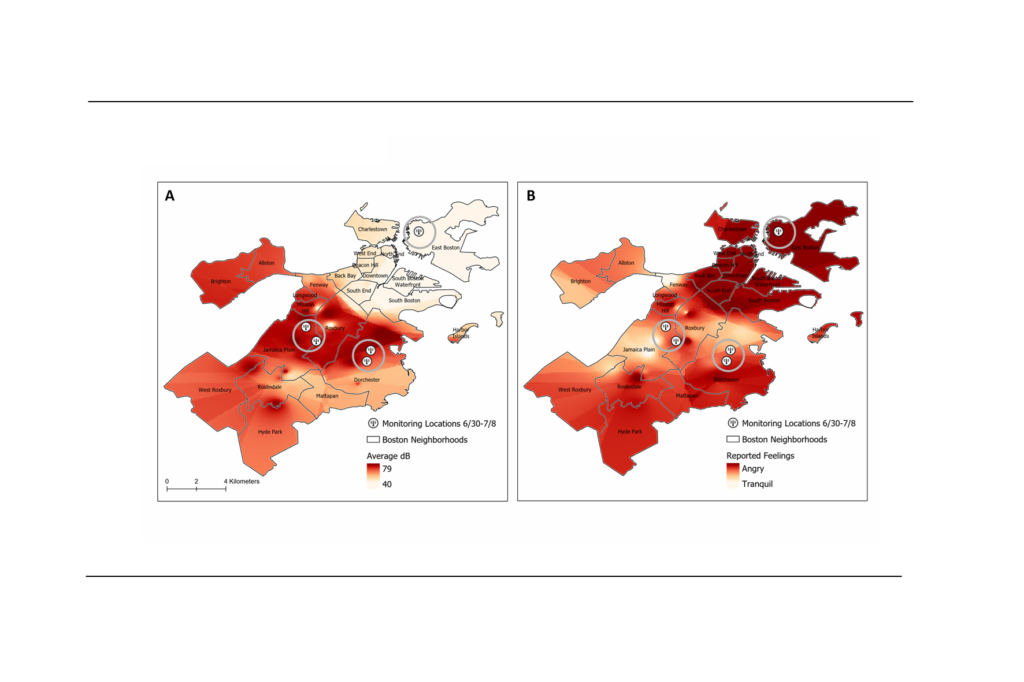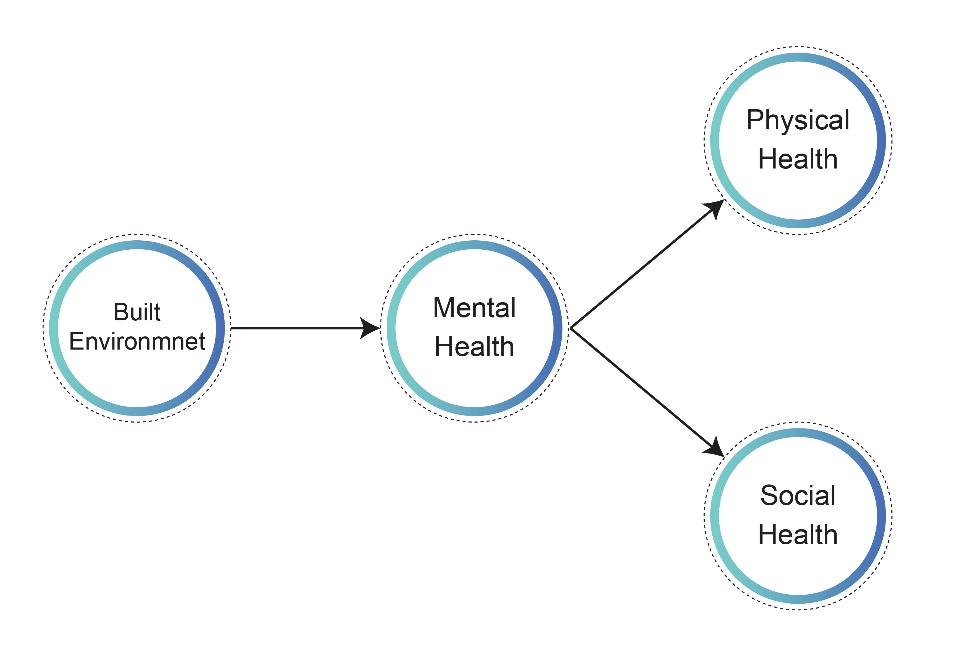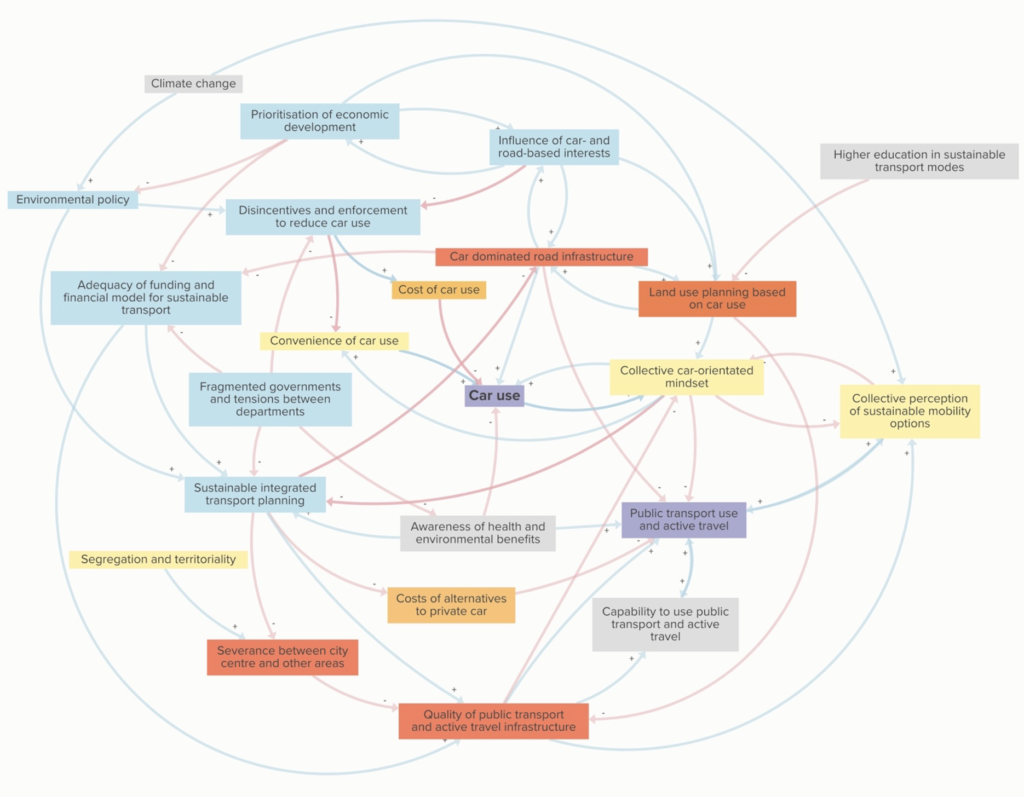City Know-hows

Enhance cognitive health in older adult communities using the CAP approach: fostering ‘Connectedness, feeling At home, and engaging in joyful Play’. This community-centric model seeks to improve well-being and complements existing health resources systems, emphasizing the importance of building strong, supportive networks among older adults.
Share
Target audience
The message of this paper may be of interest to health authorities, interest groups and communities concerned with brain health equity and the promotion of healthy cognitive aging among older adult populations.
The problem
Cognitive decline, often leading to dementia, can start a decade before symptoms are evident. Early intervention is key to prevention or delay. As more older adults opt to age in their communities, enhancing services to support their cognitive, neurobiological, and psychosocial health is critical. This need is particularly acute for isolated older adults. We must develop targeted, community-specific strategies to ensure equitable access to essential resources and activities for diverse aging populations.
What we did and why
We conducted 12 focus groups with individuals over 50 to refine and enhance a theory-based wellness model for community settings. This approach provided valuable community perspectives, ensuring the model is grounded in real-world experiences and feasible for later implementation in communities. Our goal was to create a practical, effective model for enhancing wellness in everyday settings among older adults.
Our study’s contribution
Our study enhances brain health promotion by introducing the ‘Connectedness, feeling At home, and joyful Play (CAP)’ model, tailored to individuals and their communities. Developed with input from older adults and the community, it represents a significant step in community-driven research, utilizing existing local resources and practical methods for improving brain health among the older population.
Impacts for city policy and practice
The ‘Connectedness, feeling At home, and joyful Play’ model shows promise for broader social prescribing to reduce risks of dementia among high-risk older populations. By actively engaging older adults in community activities and utilizing local resources, cities can create a supportive environment that not only reduces isolation but also addresses key risk factors associated with cognitive decline. Implementing such strategies in city policy and practice can lead to healthier, more connected communities, and play a significant role in improving the overall well-being of older residents.
Further information
A web app is available to streamline survey and monitoring processes: https://www.equigenesis.ca/bcpsp, and a full list of community partners can be found on our webinar recording available here: https://youtu.be/ot_DbCG7vpk.
Full research article:
Connectedness, feeling at home, and joyful Play (CAP): A place-based wellness model for cognitive health promotion in the community by the community by Daniel Gan, Claire Wang & Eireann O’Dea (and Brain Health in Community Steering Committee).
Related posts

Learn how the City of Boston engages local researchers, community residents, and city officials to combat illegal firework activity.

The expected rise of working from home after the COVID-19 pandemic necessitates a deeper understanding of the cause and effect of home environment on physical, mental, and social health. Existing research primarily focuses on physical and psychological health, with less attention given to social health. Incorporating social health is emphasized by various researchers during the pandemic. Moreover, the interconnected nature of health components suggests the possibility of mediation, requiring a model selection to represent the working from home situation.

Belfast has very high levels of car use. Working with stakeholders we tried to understand what factors influence this. System wide factors, such as financial models for transport, a collective car-orientated mindset and car dominated road infrastructure, have the strongest influence on individual behaviour.